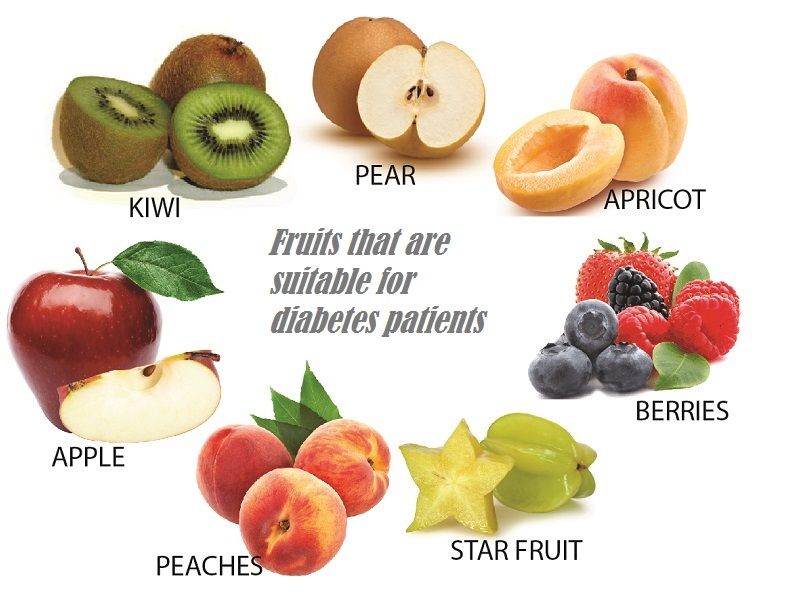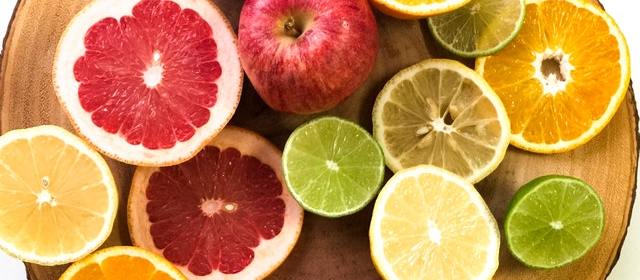By Prof. Bashir A Laway
Fruit intake and prevention of diabetes
Many epidemiological studies have proved that regular intake of fruit is associated with the prevention of diabetes. Consumption of 150 grams of fruit per day for adults is associated with a 40% lower risk of diabetes over 5-12 years period.
The benefits of intake are seen up to 200-300 grams of fruit consumption per day. The extent of benefit may differ among different fruits. However, a combination of different fruits is more beneficial than a single fruit variety.
How does fruit intake prevent diabetes?
Multiple reasons are responsible for the beneficial effect of fruits in the prevention of diabetes. Fruit consumption leads to a decrease in caloric intake and an increase in fibre intake and consequently a low risk of weight gain.
The harmful effect of an energy-dense diet is partly weaned off.
Fruits contain bioactive phytochemicals (like vitamin C, carotenoids, anthocyanin and chlorogenic acid) which have been shown to reduce the risk of diabetes.
Type of fruit The benefits are with all the fruits, however depending upon the caloric content vs. fibre content, some fruits are more beneficial than others are.
Apple, pear, strawberry, grape, banana, orange, peach, plum, and cherries are beneficial in the prevention of diabetes.
Timing of fruit intake
Eating fruits just after meals is not a good practice because fruit is neither digested nor absorbed properly to reap the benefits.
The best time to have some fruits is either first thing in the morning after a glass of water or an hour before or two hours after the meal.
Processed fruit and fruit juice
Processed or canned fruit and fruit juices lack fibre and have high sugar content. Continuous use of these predisposes to obesity and diabetes.
In people with diabetes, consumption of fruit juice leads to a rapid increase in blood sugar and persistent hunger.
Fruit intake in people with diabetes
Two components of fruits—carbohydrate and fibre content—have an impact on diabetes. Carbohydrate content may increase blood sugar levels; fibre on the other hand is beneficial in diabetes.
Fibre slows the absorption of food and hence reduces blood glucose. Fibre also promotes the feeling of fullness and reduces hunger that in turn helps in reducing weight.
The effect of the food carbohydrate content on blood glucose levels is analysed by two parameters—glycemic index (how quickly it raises blood sugar) and glycemic load (how long blood glucose remains high).
Therefore, fruits with a low glycemic index and low glycemic load are preferred in diabetes.
Based on carbohydrate load the following fruits are preferred:

1. Apple: Apple is the most studied fruit for the prevention of diabetes. It also is one of the best fruit for people with established diabetes. Apple skin contains fibre, which delays sugar absorption and contains polyphenol compounds that help in the release of insulin from the pancreas. Both these factors help in the control of diabetes. Apple also has antioxidant properties, which help in the prevention of diabetic complications.
2. Banana: Though the caloric content of bananas is on the higher side, it is rich in vitamin C, potassium and vital nutrients. It is better to have a small or medium-sized banana. As the bananas are ripe, the sugar content increases so it is best to avoid overripe bananas.
3. Pear: Pear has high fibre, potassium, and low sugar content and a high concentration of antioxidants. It is one of the best fruits for people with diabetes.
4. Citrus fruits (like orange, kiwi, grapes and lemon). These help in reducing blood glucose and help in preventing complications.
5. Strawberries: Due to their low glycemic index, these are also very good for people with diabetes.
6. Cherries: These have one of the lowest glycemic indices and provide many antioxidants, hence are preferred in diabetes.
7. Mangoes: These contribute to increased blood sugar in people with diabetes; however, mangoes also contain fibre and antioxidants that are beneficial. Response to an increase in blood sugar may be different in different people. Start with half a cup (around 80 grams) of sliced mango and note the response of blood sugar in the body. If blood sugar increases, portion size can be reduced. Another way of reducing the sugar-elevating effect is to pair it with protein containing food like a boiled egg, a piece of cheese or a handful of nuts. 8. Pomegranates: These are high in sugar content but also a source of antioxidants. These increase insulin sensitivity and reduce the risk of heart disease in people with diabetes.
9. Peach, Black plum and Guava also have many benefits in people with diabetes.
Fruits to avoid in diabetes mellitus
1. Pineapple, watermelon, pumpkin: these are high glycemic fruits to be avoided or consumed in little quantities with care.
2. Fruit juices, cooked, processed fruit, dried fruits and flavoured fruit products should be avoided as these are rich in sugar content and increase blood sugar levels.
Word of caution: Because of high potassium content, fruit intake may be harmful in patients with kidney disease; such patients should follow the advice of nephrologists.
Conclusion:
Regular consumption of fruit is beneficial in both normal people and people with diabetes. Such a dietary habit helps prevent diabetes. Also, regular consumption of fruit is helpful for the control of diabetes and prevents complications in people with established diabetes.
People with diabetes should be aware of the carbohydrate content of fruit. A combination of fruits is better than consuming a single fruit. Fruit consumption should be timed properly. It is best to have fruits an hour before or two hours after a meal
(The author is Professor and Head of the Department of Endocrinology, SKIMS Srinagar and can be reached at email: [email protected]) (Courtesy: https://mag.dribrahimmasoodi.com )

Leave a Reply